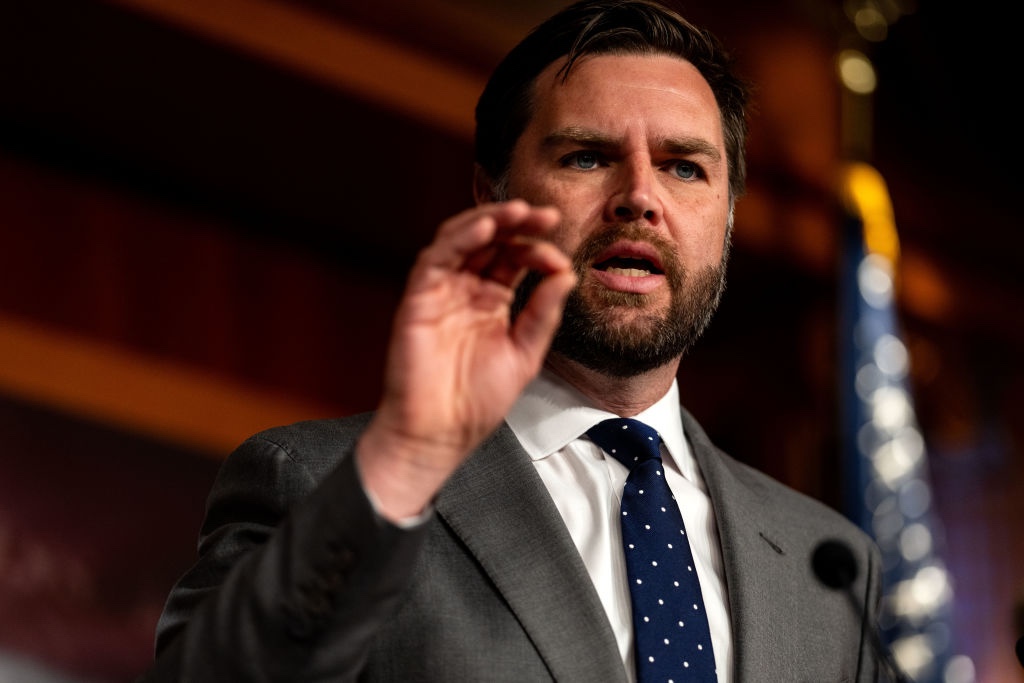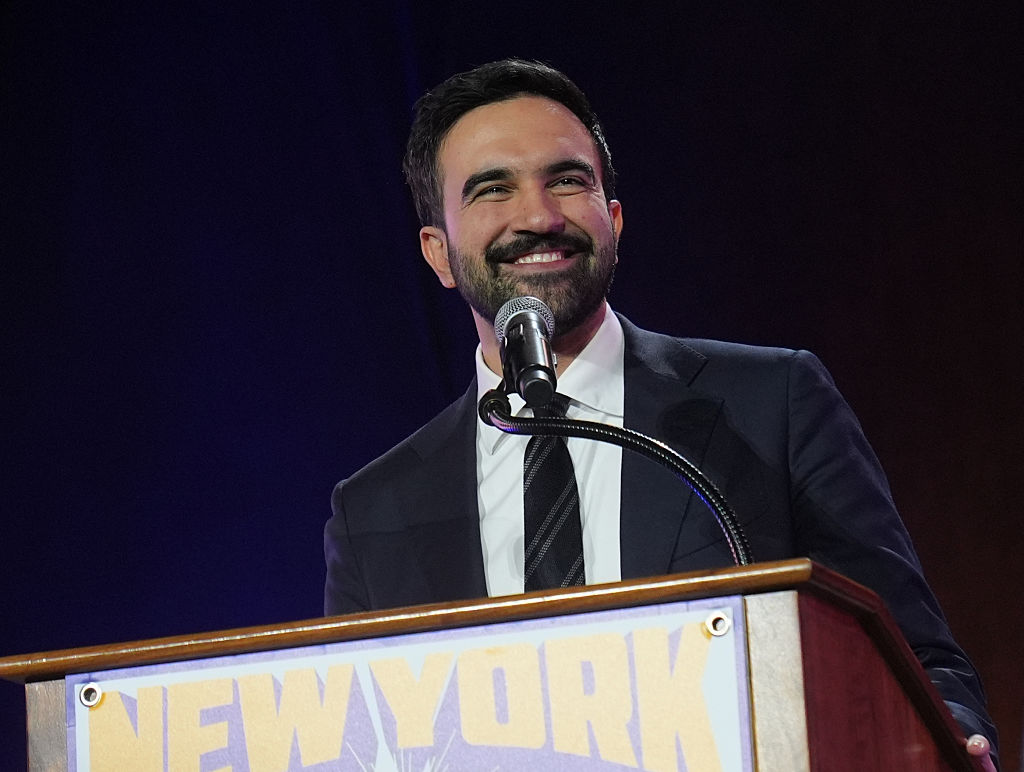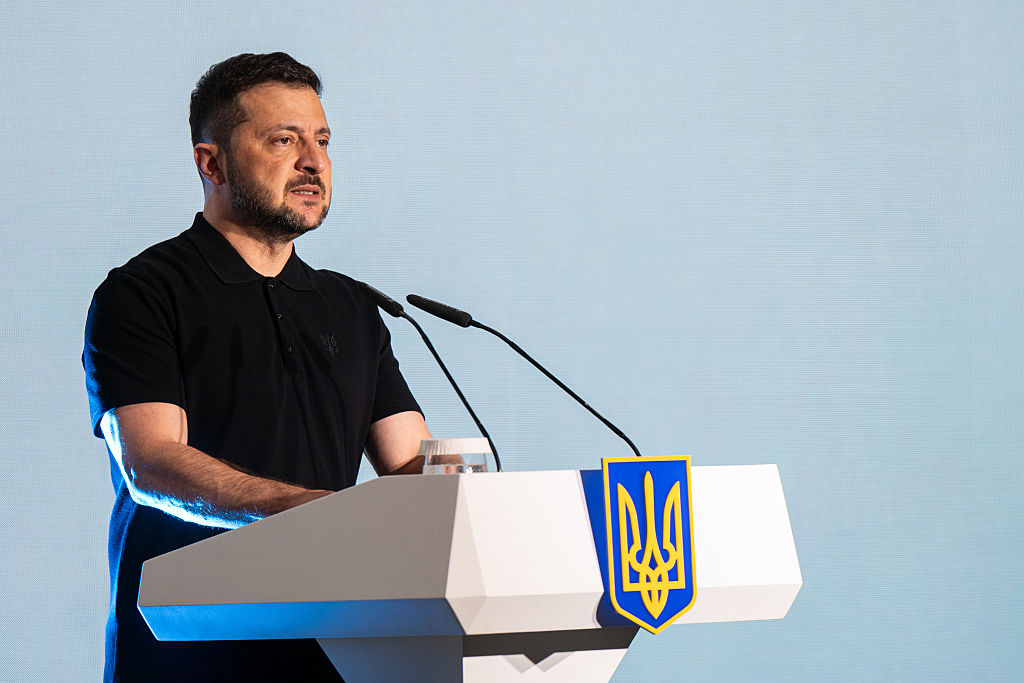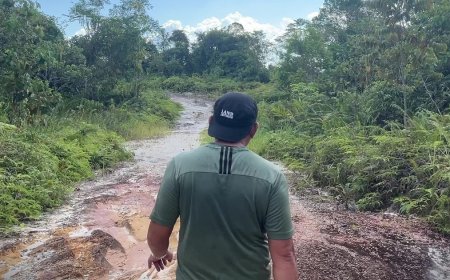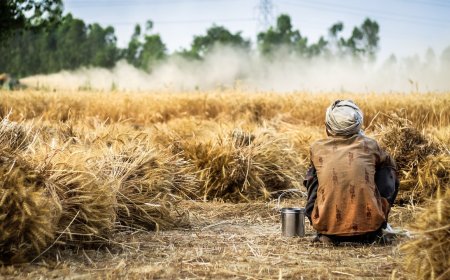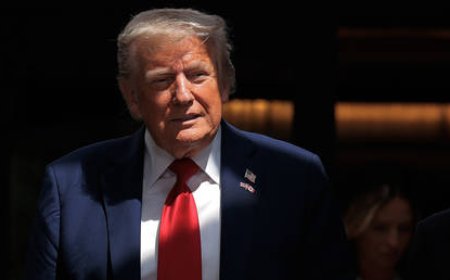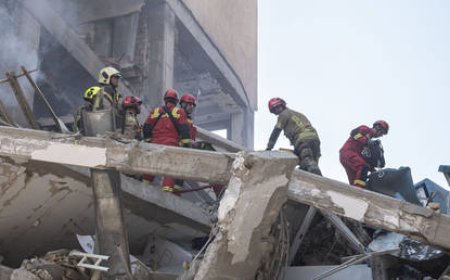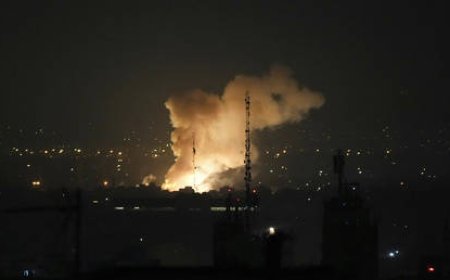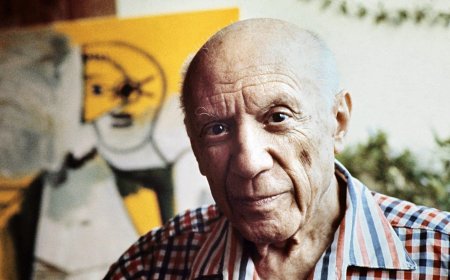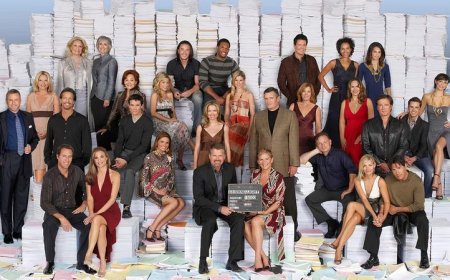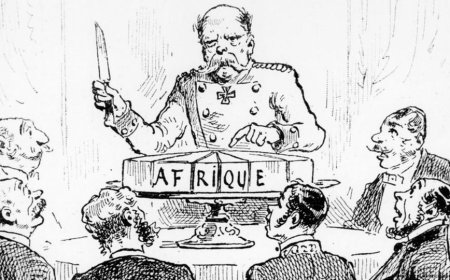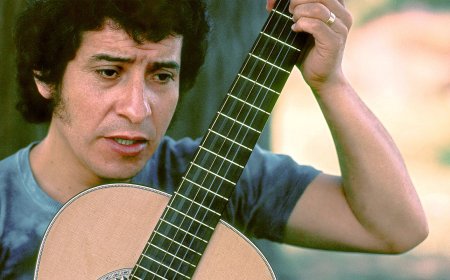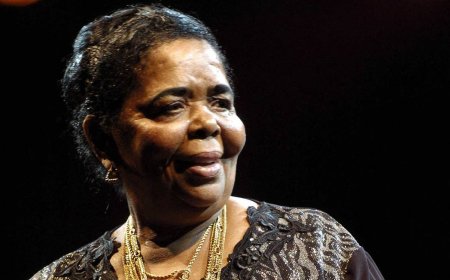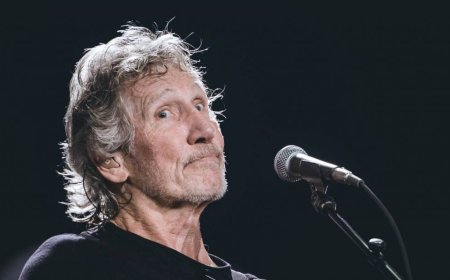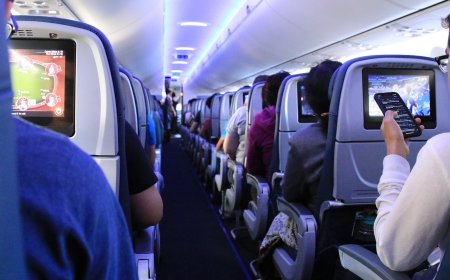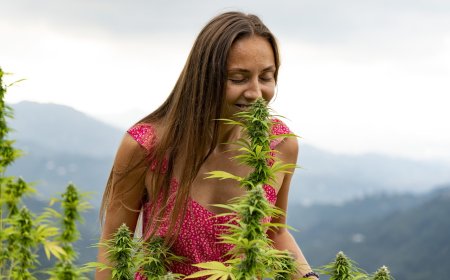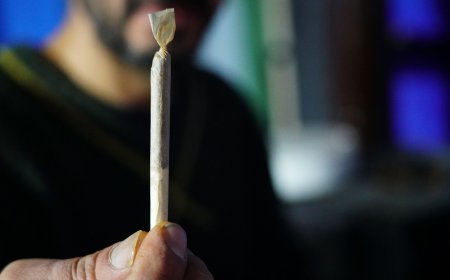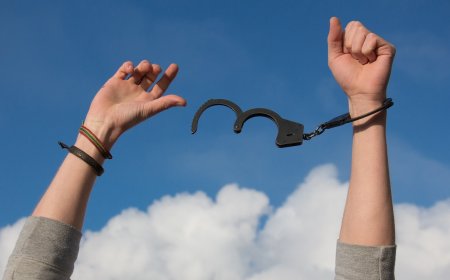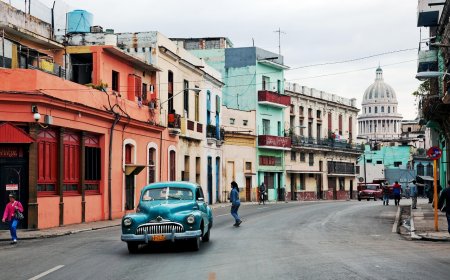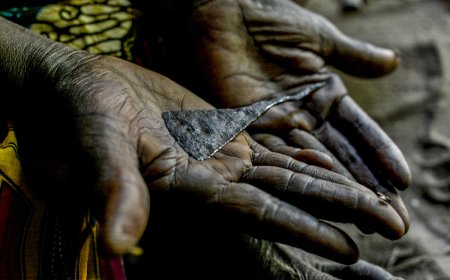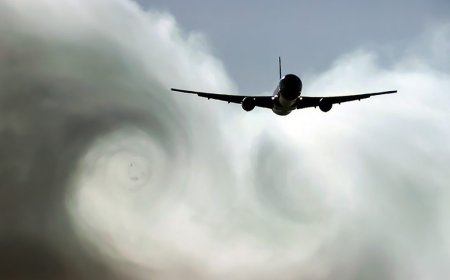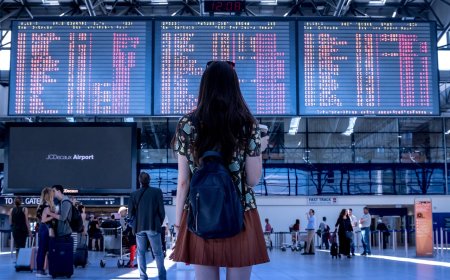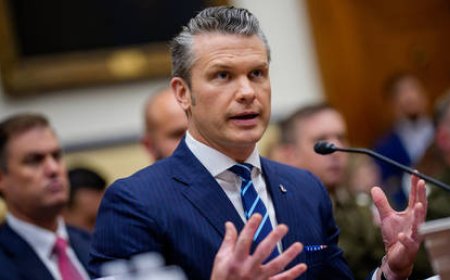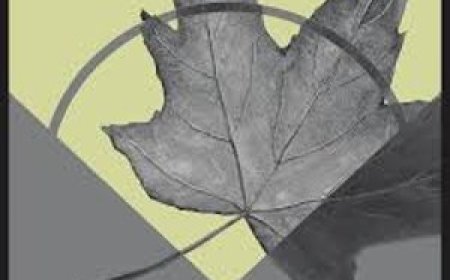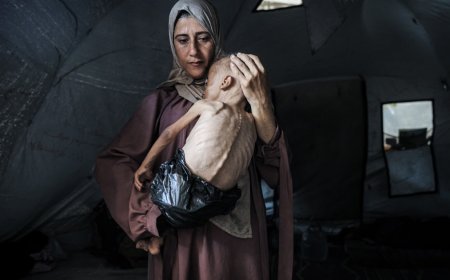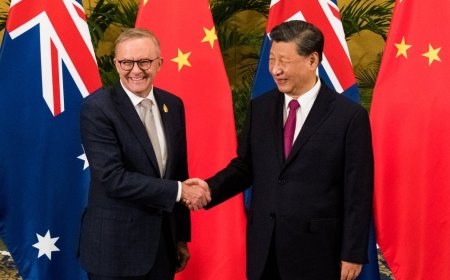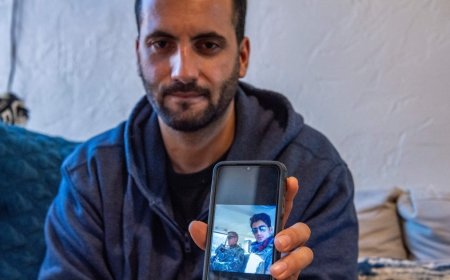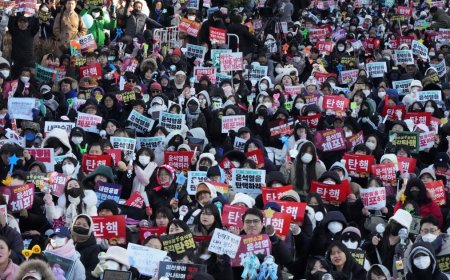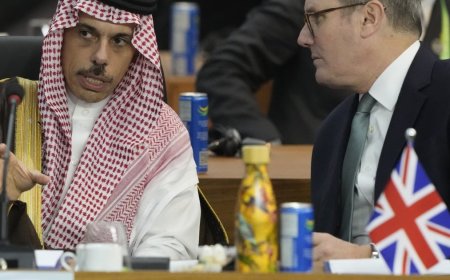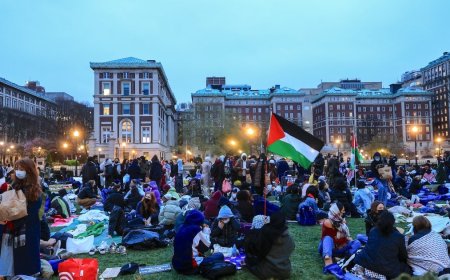Australia: Strengthen Human Rights Sanctions Process

(Sydney) - The Australian government’s human rights sanctions process should be strengthened through better civil society engagement and bolder steps to sanction corrupt or rights-violating individuals and entities in Asia, Human Rights Watch said in a recent submission to the Senate Foreign Affairs, Defence and Trade References Committee. The Committee is currently reviewing the Australian government’s sanctions regime.
During the past decade, more than a dozen jurisdictions – including Australia – that actively promote human rights as part of their foreign policy have passed legislation that authorizes targeted sanctions, including visa bans and asset freezes, against individuals and entities implicated in serious human rights violations or corruption. Targeted sanctions are an appropriate and useful foreign policy tool to press for accountability for serious abuses. Targeted sanctions raise the cost of committing human rights violations by denying abusers both entry to, and assets in, foreign countries where they seek to travel or do business. However, Australia has only used such sanctions to target individuals in a small number of countries.
“There are glaring omissions in Australia’s sanctions list, notably Chinese officials responsible for crimes against humanity in Xinjiang or for the massive assault on democratic freedoms in Hong Kong,” said Daniela Gavshon, Australia director at Human Rights Watch. “Targeted sanctions are an effective tool, particularly against people from the region when other diplomatic avenues are having little effect.”
Another major gap in Australia’s implementation of its sanctions process is the government’s engagement with civil society, which plays a significant role by pulling together dossiers to propose sanctions. In some cases, civil society groups may have access to credible and relevant information that the Australian government will not be able to obtain through its diplomatic and intelligence networks. However, while the government hosts roundtable discussions about its sanctions process, it provides no direct feedback to groups on the value of the information they have provided.
Giving feedback to civil society groups about whether the information they are providing is useful and sufficient can help improve the process. While there may be policy or security reasons for withholding this information, without it, civil society groups are left guessing.
“An effective sanctions regime needs strong collaboration between government and civil society, including providing robust feedback about their impact,” Gavshon said. “While Australia took an important step when it adopted this legislation, it needs to make this law as effective as possible.”
